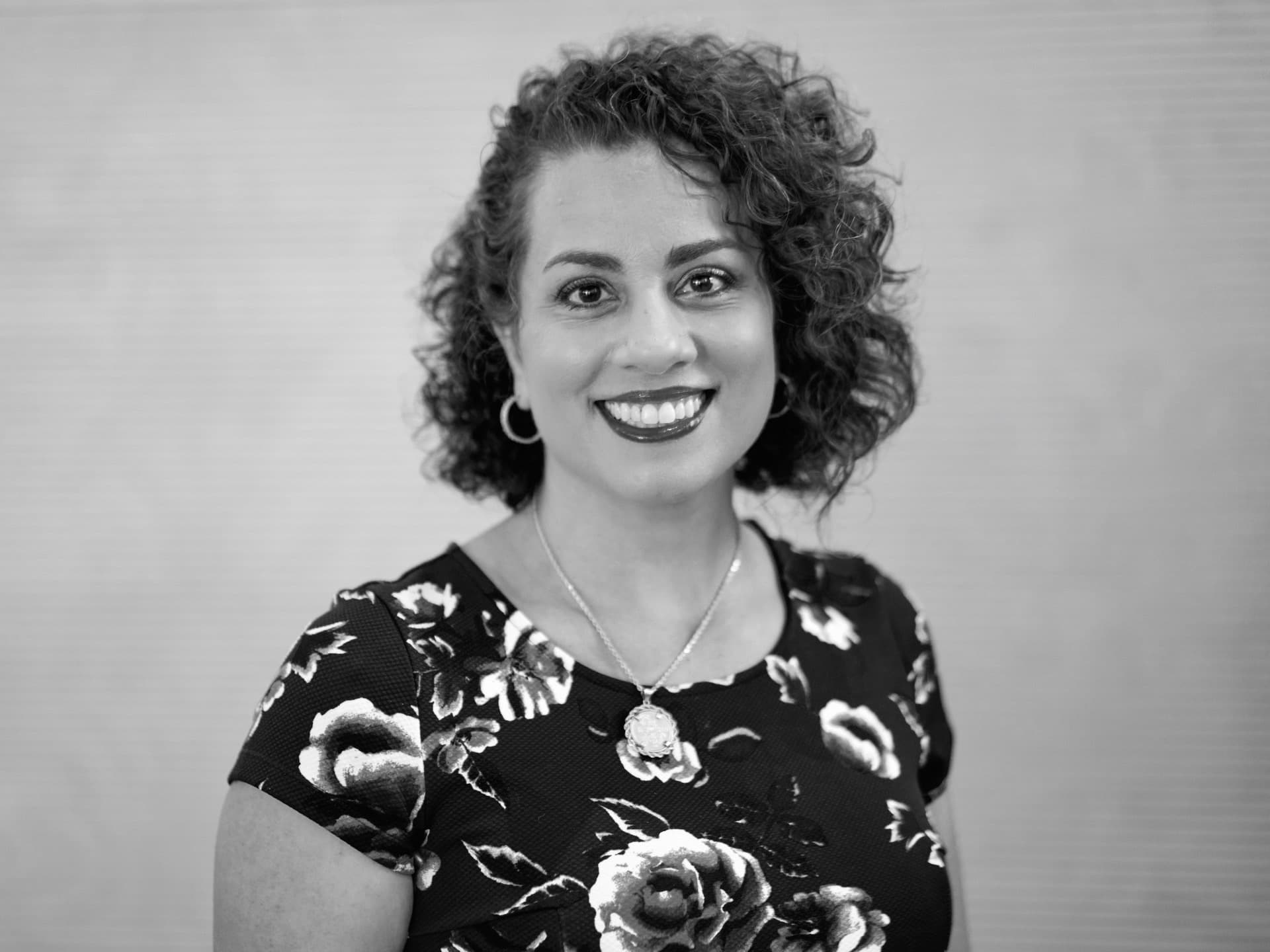At a rehearsal last week for Temple Israel of Hollywood’s May 8 Yom HaAtzmaut service, Chazzan Danny Maseng, guitar in hand, a colorful, knitted kippah on his curly hair, inspired the synagogue’s choir by explaining the context of Hebrew poet Leah Goldberg’s hymn, “Pizmon Le’Yakington” (Moon Tune).
“You have to understand, she writes in a time in Tel Aviv where the tallest building is three stories high, all whitewashed, all avenues are open to the sea,” he told the group. “Not a cloud in this sky. We won the War of Independence. Ain’t nothing bad going to happen again.”
Following his charismatic lead-in, the choir sang with just the right airiness to the four-part harmony Maseng wrote for this song. He closed his eyes as they sang of how “the blossoming hyacinth in our garden abounds,” seemingly transported to a porch in Tel Aviv when all was good in Zion.
Maseng’s blissful smile also bore the satisfaction of hearing a dream materialize. As the new cantor and musical director of the 82-year-old Reform synagogue since last summer, when he assumed a role held for more than 30 years by the highly esteemed now Cantor Emeritus Aviva Rosenbloom, this once mostly itinerant Israeli American composer and performer of Jewish liturgical music has found a home for his vision: the preservation and dissemination of popular Israeli song.
“I believe that in Israel, more so than anywhere else, popular song is not only a reflection of Israeli culture, society, politics, history, war, moods and so forth, but it’s a part of the determinant of what it means to be Israeli,” Maseng (pronounced mah-sing), 58, said in an interview at his synagogue office, which also serves as his studio, with a keyboard and computer. Maseng has composed harmonies for chorale arrangements for many Israeli songs, including those being performed at Temple Israel of Hollywood (TIOH), and he is writing a book on the subject of Israel through its songs.
“So many of the great songs are already being forgotten as we speak.”
Alongside his more conventional cantorial duties, he plans to “make sure there will be in this country’s archive a collection of the finest of Israeli music arranged in a manner that is on the highest professional level that can be sung by any choir anywhere at anytime,” he said, adding “sometimes it’s easier to preserve things away from the source.”
It’s a perfect harmonization of Maseng’s unconventional professional background and lineage.
He grew-up in Tzhalah, a small town known for being home to some of Israel’s top military leaders, including Yitzhak Rabin and Ariel Sharon. Maseng rose to fame in Israel as a singer, recording artist and radio and television personality, having written and performed with leading singers and songwriters of the 1970s, among them Natan Alterman, Efraim Shamir, Ehud Manor, Shlomo Gronich and Mati Caspi.
story continues below
Did you enjoy this article?
You'll love our roundtable.
Editor's Picks



What Ever Happened to the LA Times?

Who Are the Jews On Joe Biden’s Cabinet?


No Labels: The Group Fighting for the Political Center
Latest Articles

Shabbat Prayer for Our College Students and Ourselves

1,400 Yizkors

Being Good is Easier to Resist than Sweezy vs New Hampshire

A Bisl Torah – Souls Connected












 More news and opinions than at a Shabbat dinner, right in your inbox.
More news and opinions than at a Shabbat dinner, right in your inbox.